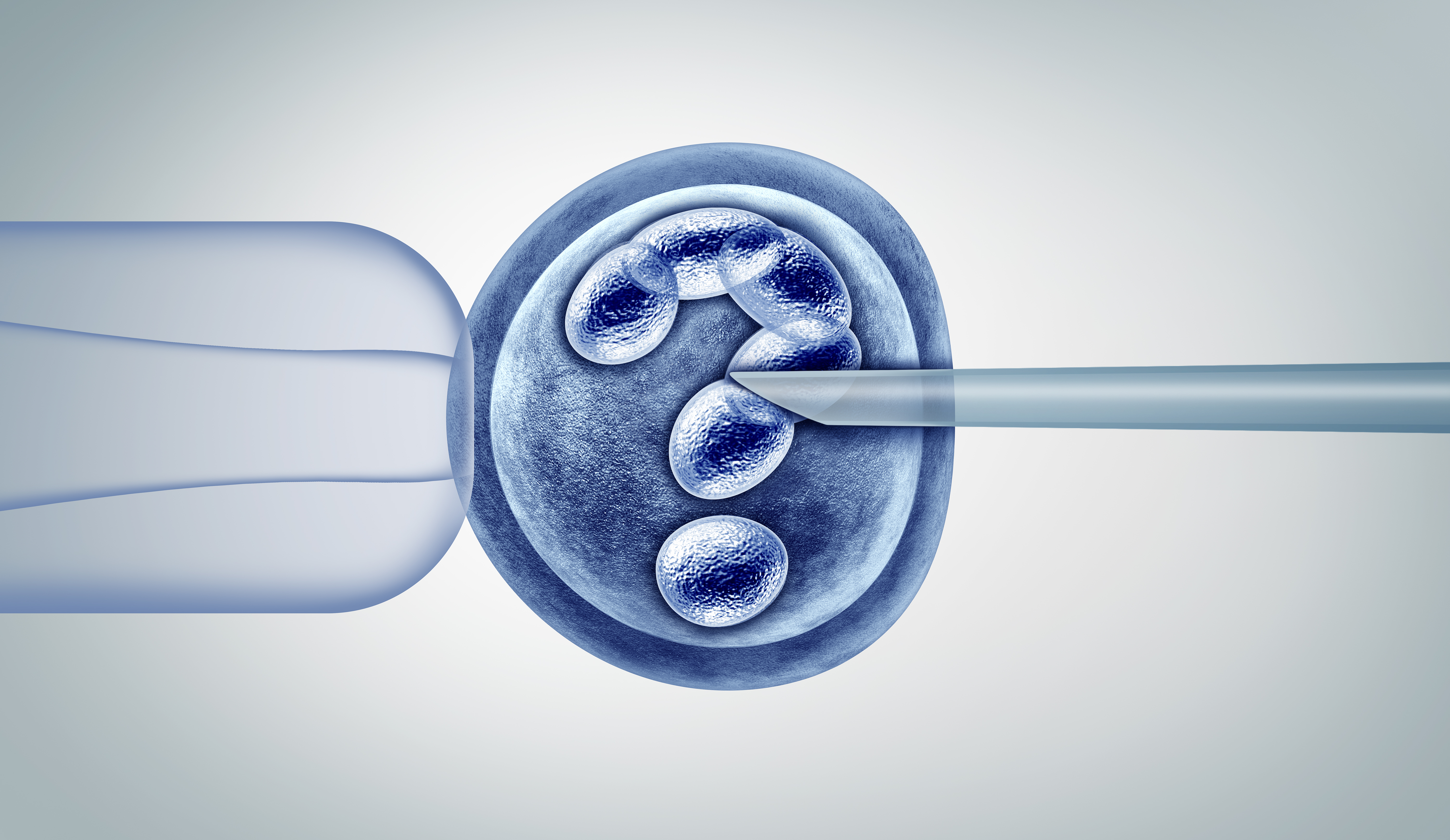The massive legal fallout from Alabama’s IVF ruling is just the beginning
By Mary Ziegler, Naomi Cahn, and Sonia Suter,
MSNBC
| 02. 22. 2024
This decision will affect the millions of people who become pregnant each year, their families, and their health care providers.
Last Friday, the Alabama Supreme Court became the first in the nation to recognize frozen embryos as legal persons. The court’s decision — in a case in which three couples sued a fertility clinic for wrongful death after a patient destroyed several embryos — has already led the University of Alabama Birmingham, the state’s largest health care system, to pause IVF procedures. But what is happening in Alabama is just the beginning. This decision will affect the millions of people who become pregnant each year, their families, and their health care providers.
To anyone who closely read Dobbs v. Jackson Women’s Health Organization, the Supreme Court decision that ended the constitutional right to abortion almost two years ago, the Alabama decision should not come as a shock. The majority opinion, written by Justice Samuel Alito and joined by most of his conservative colleagues, repeatedly referenced the “unborn human being” — echoing the language of conservative Mississippi lawmakers...
Related Articles
By Dana Mattioli, The Wall Street Journal | 04.15.2025
Image "Elon Musk" by Debbie Rowe on Wikimedia Commons
licensed under CC by S.A. 3.0
Ashley St. Clair wanted to prove that Elon Musk was the father of her newborn baby.
But to ask the billionaire to take a paternity...
By Emma McDonald Kennedy
| 04.24.2025
A Review of Eggonomics: The Global Market in Human Eggs and the Donors Who Supply Them by Diane M. Tober
A recent journalistic investigation of the global egg trade at Bloomberg put the industry’s unregulated practices and their exploitative implications back in the spotlight. Diane Tober’s book Eggonomics: The Global Market in Human Eggs and the Donors Who Supply Them, published in October of last year, delves even more deeply into the industry with a thorough examination of egg...
By Sarah Jones, Intelligencer | 04.17.2025
From the Natalism website
Elon Musk may not have appeared at the Natal Conference in Austin, Texas, this year, but he didn’t have to. The very concept of pronatalism owes its current prominence to him and his obsession with fertility...
By Staff [cites CGS' Katie Hasson], Radio New Zealand | 04.05.2025
At a time where some countries are struggling with low birth rates, the voices for pronatalism are getting louder. But it’s who’s sounding the call for more babies that has people talking.
Tech giant Elon Musk has fourteen children and...




